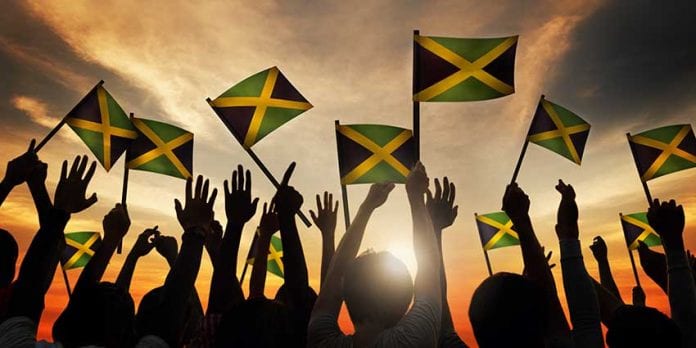Jamaica commemorates its 62nd year of independence from Britain on August 6. The commemoration follows on the heels of Emancipation Day on August 1, celebrating the 190th anniversary of the emancipation of slaves on August 1, 1834.
In the Jamaican context, and that of other Caribbean nations, emancipation and independence mean not only freedom from slavery and colonial domination but also freedom from negative cultural behavior, thinking, and actions that compromise the ability to sustain self-development.
In its 62nd year of independence, there are powerful indications that Jamaica and Jamaicans have made bold, outstanding achievements on the world stage, particularly in sports and entertainment. However, there are also indications that in some circumstances, Jamaica and Jamaicans are still enslaved and too dependent on foreign nations.
The primary challenge to Jamaica’s independence is economic. Although data from Jamaican authorities indicate significant economic growth, this growth has not been consistent. Throughout the 62 years, the nation has faced recurring economic challenges that place pressure on the majority of Jamaicans, making it almost impossible for a significant percentage of the population to escape poverty. Successive governments formed by both the Jamaica Labour Party and the People’s National Party have tried but have not succeeded in breaking the chains of poverty.
Persistent poverty has taken a toll on society and affects national security and social behavior. The frustration experienced by some, particularly the poor in inner cities and rural towns, has led to a wave of violent crime and corruption in Jamaica. This has resulted in a negative international reputation, with the U.S. government recently warning Americans not to travel to Jamaica due to threats of violent crime. It is crucial for Jamaica to work tirelessly to eliminate crime and corruption, which threaten to taint the nation.
Poverty also challenges Jamaica’s independence, making the nation increasingly dependent on foreign nations and businesses for assistance. Many Jamaican business operations and assets have been divested to foreign entities. While the tourist industry is thriving, many of the largest, most popular hotels are owned and controlled by foreign companies, which earn huge profits. Meanwhile, Jamaicans employed at these hotels are paid relatively low wages, and some pristine beaches are no longer accessible to Jamaicans.
Developing nations like Jamaica welcome foreign investors, but Jamaican authorities must ensure the welfare of Jamaicans is protected and that Jamaican assets remain accessible to and enjoyed by Jamaicans. Care must be taken to ensure that the interests of the Jamaican people are not sacrificed to attract foreign investors. Too often, Jamaica seems to sacrifice its independence to attract assistance from foreign governments and private companies.
When Jamaica gained independence in 1962, thanks to the efforts of National Heroes Alexander Bustamante and Norman Manley, the population was around 2.2 million, with a diaspora of approximately 350,000 people mainly in the UK and the USA. Today, the Jamaican population is about 6.5 million, with 3 million living in Jamaica and 3.5 million in the diaspora, primarily in the USA.
The majority of the Jamaican diaspora considers themselves part of Jamaica, so much so that Jamaica can be seen as a nation without borders. The diaspora provides a stable financial pillar for the Jamaican economy through regular remittances.
However, the diaspora is eager to be more than a financial pillar. Many of Jamaica’s best brains, experienced and talented individuals, are part of the diaspora and are willing and capable of serving Jamaica in the public and private sectors. However, there is evidence of resistance from Jamaican authorities in creating systems to allow the diaspora to participate actively in managing Jamaica’s domestic affairs. Independent Jamaica would greatly benefit from utilizing the talent, skills, and experience of the diaspora in national development. Engaging the diaspora more in Jamaica’s domestic affairs could reduce dependency on foreign influence and better serve Jamaicans in Jamaica.
Jamaicans living overseas in countries like the USA, U.K., and Canada will joyfully celebrate Jamaica’s independence on August 6. These Jamaicans genuinely see themselves as part of the Jamaican nation. Jamaica must seek to emancipate itself from the ignorance and limited vision that prevent it from fully leveraging its diaspora, thereby strengthening its reputation as a genuinely independent nation.













